Arsenal Football Club: A Comprehensive Analysis
Arsenal Football Club: A Comprehensive Analysis
Introduction
Arsenal Football Club, commonly known as Arsenal, is a professional football club based in Islington, London, England. Established in 1886, Arsenal has a rich history and a significant presence in English football. The club has garnered a massive fan base worldwide and has been a prominent figure in both domestic and international football competitions. This comprehensive article aims to delve into various aspects of Arsenal Football Club, including its history, achievements, playing style, notable players, managers, and its influence on the footballing world.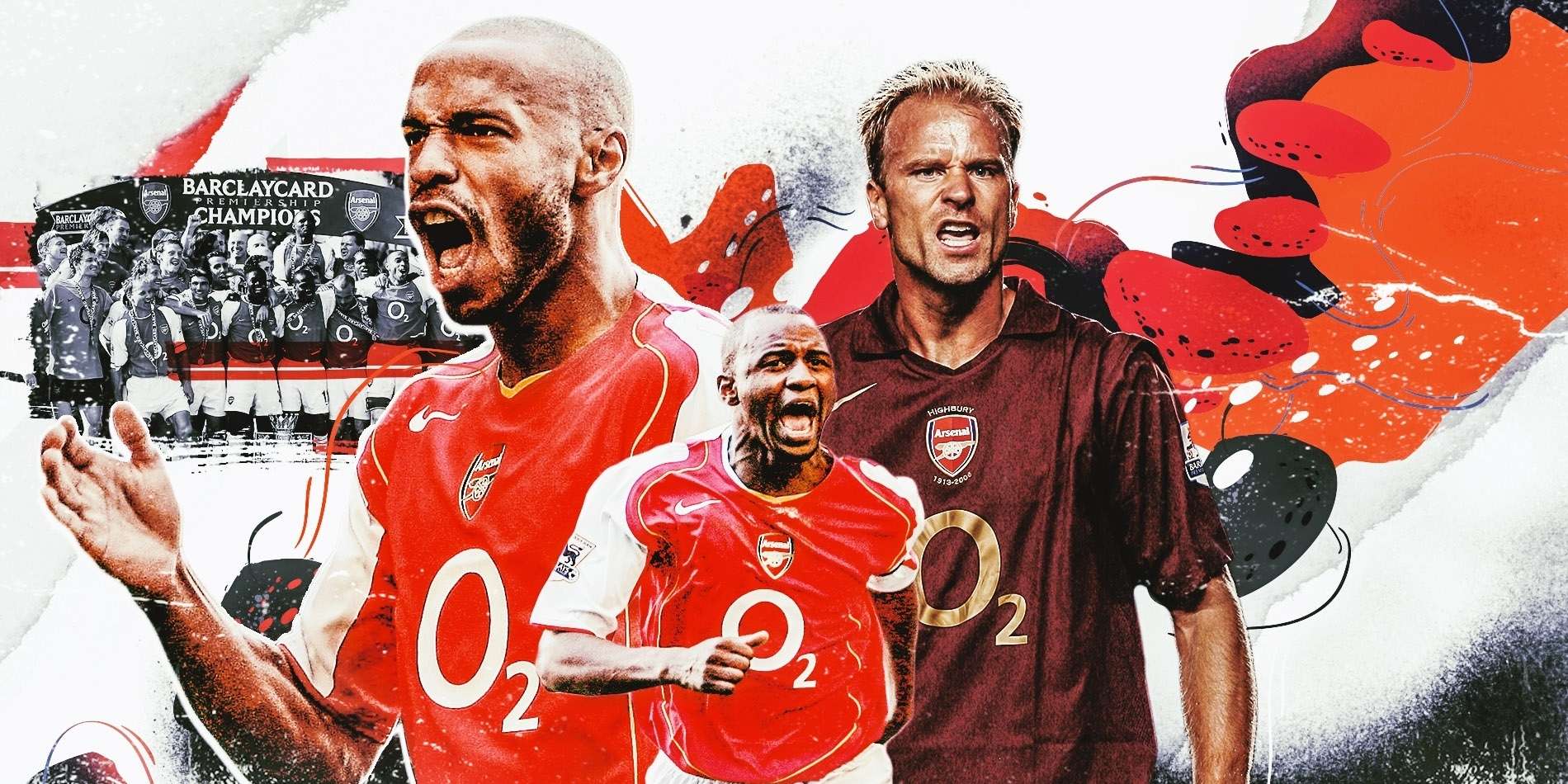
1. Historical Background
Arsenal Football Club was founded in 1886 by workers at the Royal Arsenal, an armaments factory in Woolwich, South East London. Originally named Dial Square, the club underwent several name changes before settling on Arsenal in 1914. In 1913, Arsenal relocated to Highbury, North London, where they played their home matches until 2006 when they moved to the Emirates Stadium, a state-of-the-art facility with a capacity of over 60,000 spectators.
Throughout its history, Arsenal has experienced periods of both triumph and adversity. The club's early years saw moderate success, including their first major trophy, the FA Cup, in 1930. However, it was under the management of Herbert Chapman in the 1930s that Arsenal truly flourished, winning multiple league titles and establishing themselves as a dominant force in English football.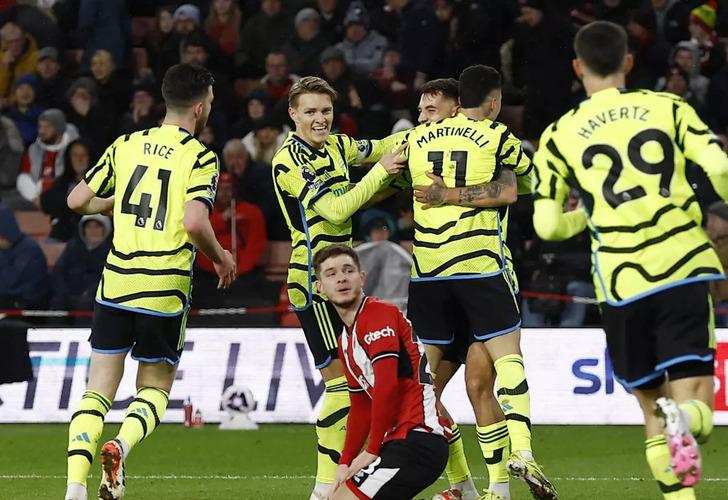
2. Achievements
Arsenal's list of achievements is impressive, solidifying their status as one of the most successful clubs in English football. As of the 2022-2023 season, Arsenal has won:
- 13 League titles: Arsenal has clinched the English top-flight title on numerous occasions, with their most recent triumph coming in the 2003-2004 season, famously known as the "Invincibles" season when they went unbeaten throughout the entire league campaign.
- 14 FA Cups: Arsenal holds the record for the most FA Cup victories, with their most recent triumph in the 2019-2020 season.
- 2 League Cups
- 16 FA Community Shields
- 1 UEFA Cup Winners' Cup: Arsenal won the UEFA Cup Winners' Cup in the 1993-1994 season, defeating Parma in the final.
- 1 Inter-Cities Fairs Cup: The club secured the Inter-Cities Fairs Cup, a precursor to the UEFA Cup, in 1969-1970.
Arsenal's success on the domestic front has also translated onto the European stage, although they have yet to win the UEFA Champions League, reaching the final in 2006 but falling short against Barcelona.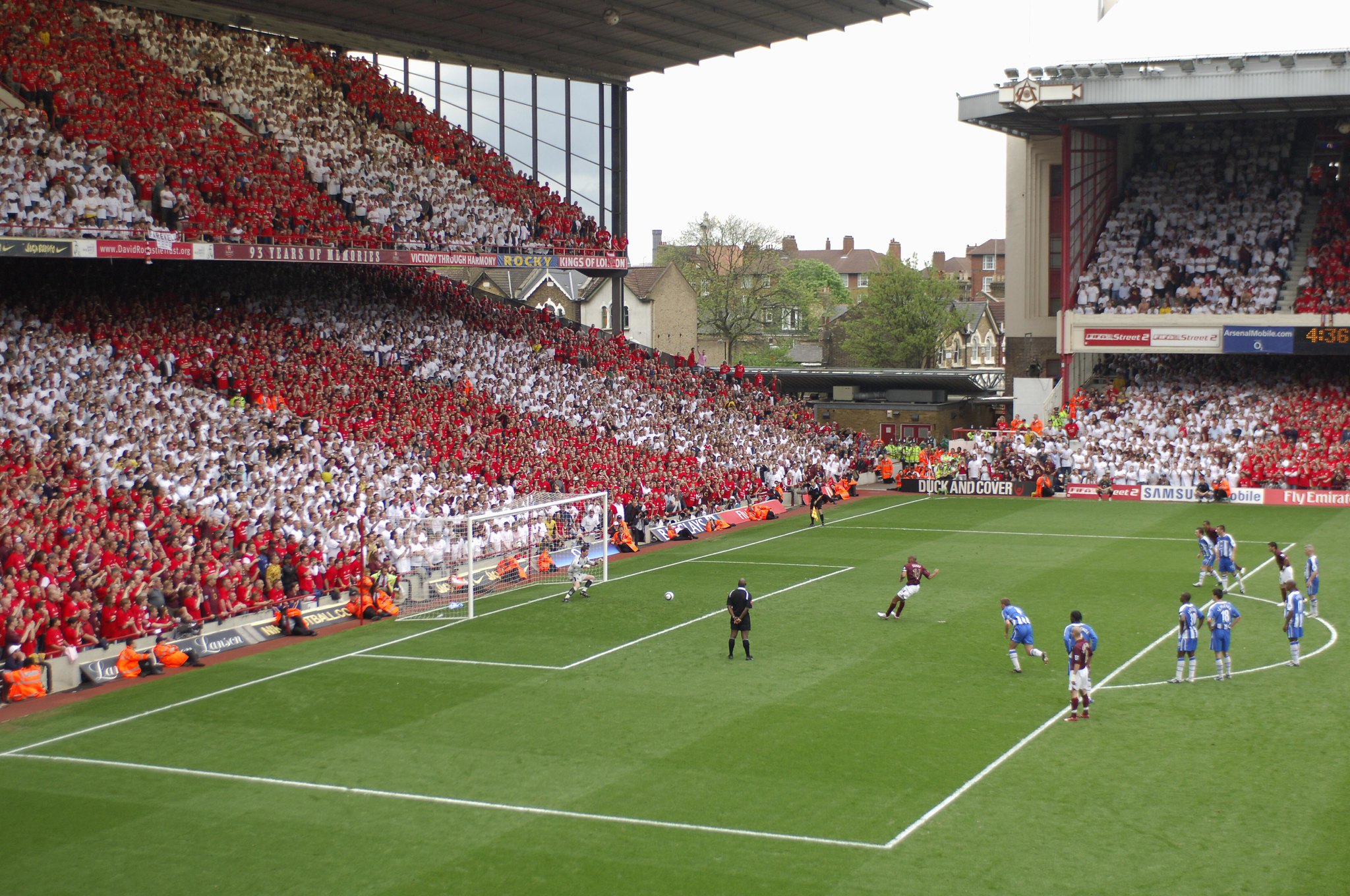
3. Playing Style
Arsenal is renowned for its attractive and attacking style of football, often characterized by fluid passing, intricate build-up play, and clinical finishing. Throughout various managerial tenures, the club has maintained a commitment to playing entertaining football while also emphasizing defensive solidity when necessary.
Under the management of Arsène Wenger, who served as the club's longest-tenured manager from 1996 to 2018, Arsenal became synonymous with a possession-based style known as "Wengerball." This philosophy prioritized technical ability, creativity, and tactical intelligence, leading to some of the most aesthetically pleasing football witnessed in the Premier League era.
In recent years, under the guidance of current manager Mikel Arteta, Arsenal has undergone tactical evolution, focusing on a more balanced approach that combines possession with quick transitions and organized pressing. Arteta, a disciple of Pep Guardiola's coaching philosophy, has implemented elements of positional play and tactical flexibility into Arsenal's gameplay, aiming to restore the club to its former glory.
4. Notable Players
Arsenal has been home to numerous legendary players who have left an indelible mark on the club's history and the broader footballing landscape. Some of the most notable players include:
- Thierry Henry: Widely regarded as Arsenal's greatest ever player, Henry's combination of blistering pace, exquisite skill, and lethal finishing made him a formidable force. He is the club's all-time leading goalscorer and played a pivotal role in the "Invincibles" season.
- Dennis Bergkamp: A visionary playmaker, Bergkamp's sublime technique and footballing intelligence endeared him to Arsenal fans. His memorable goals and assists remain etched in the club's folklore.
- Tony Adams: A true leader on and off the pitch, Adams epitomized loyalty and commitment during his lengthy spell at Arsenal. As a commanding center-back, he marshaled the defense with authority and captained the club to numerous trophies.
- Patrick Vieira: A dominant presence in midfield, Vieira possessed a unique blend of physicality, technical ability, and tactical astuteness. He played a crucial role in Arsenal's success under Arsène Wenger, anchoring the midfield and driving the team forward.
- Ian Wright: Arsenal's second all-time leading goalscorer, Wright was a prolific striker known for his predatory instincts and clinical finishing. His partnership with Bergkamp remains one of the most memorable in the club's history.

5. Managers
Arsenal has been led by several influential managers throughout its history, each contributing to the club's identity and success:
- Herbert Chapman: Widely regarded as one of the greatest managers in English football history, Chapman revolutionized Arsenal's playing style and tactical approach in the 1930s. He introduced innovations such as floodlighting and numbered shirts and guided the club to multiple league titles.
- Arsène Wenger: The most successful manager in Arsenal's history, Wenger transformed the club during his 22-year tenure. He introduced a new era of professionalism, dietary improvements, and tactical innovation, guiding Arsenal to numerous domestic trophies and an unbeaten league season.
- George Graham: Known for his emphasis on defensive solidity, Graham instilled a winning mentality at Arsenal during the late 1980s and early 1990s. He led the club to league titles, FA Cups, and European success, laying the foundation for future triumphs.
- Mikel Arteta: A former Arsenal player, Arteta returned to the club as manager in 2019 with a vision to restore Arsenal's competitive edge. Despite facing challenges, he has implemented a clear playing style and overseen notable victories, including an FA Cup triumph in his debut season.
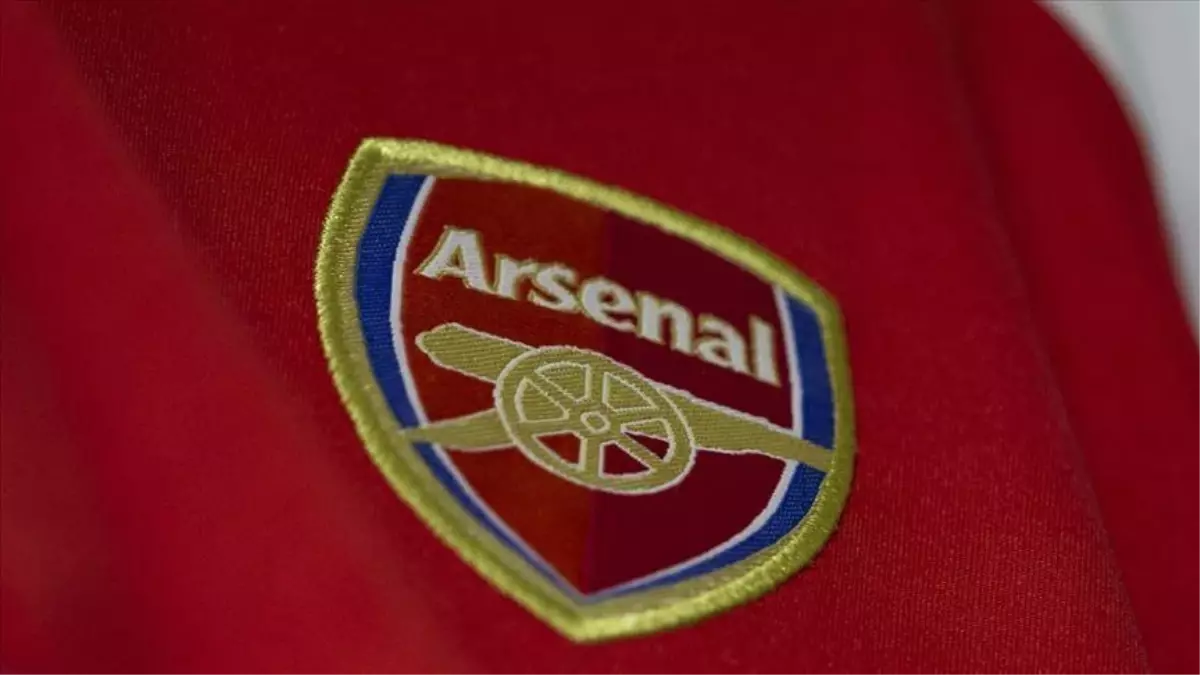
6. Influence and Legacy
Beyond its on-field success, Arsenal Football Club has had a significant influence on the broader footballing world. The club's commitment to attractive football and youth development has set standards for others to emulate. Arsenal's state-of-the-art training facilities and focus on nurturing young talent have produced a plethora of top-quality players who have gone on to achieve success both at the club and international levels.
Additionally, Arsenal's global reach and expansive fan base have helped popularize English football worldwide. The club's iconic red and white colors, coupled with its rich history and traditions, have made Arsenal a beloved institution for millions of supporters across the globe.
In conclusion, Arsenal Football Club stands as a beacon of excellence in English football, with a storied history, a tradition of attractive football, and a commitment to success on and off the pitch. As the club continues to evolve and adapt to the challenges of modern football, its legacy as one of the sport's great institutions remains firmly intact.
Conclusion
Arsenal Football Club's journey from its humble beginnings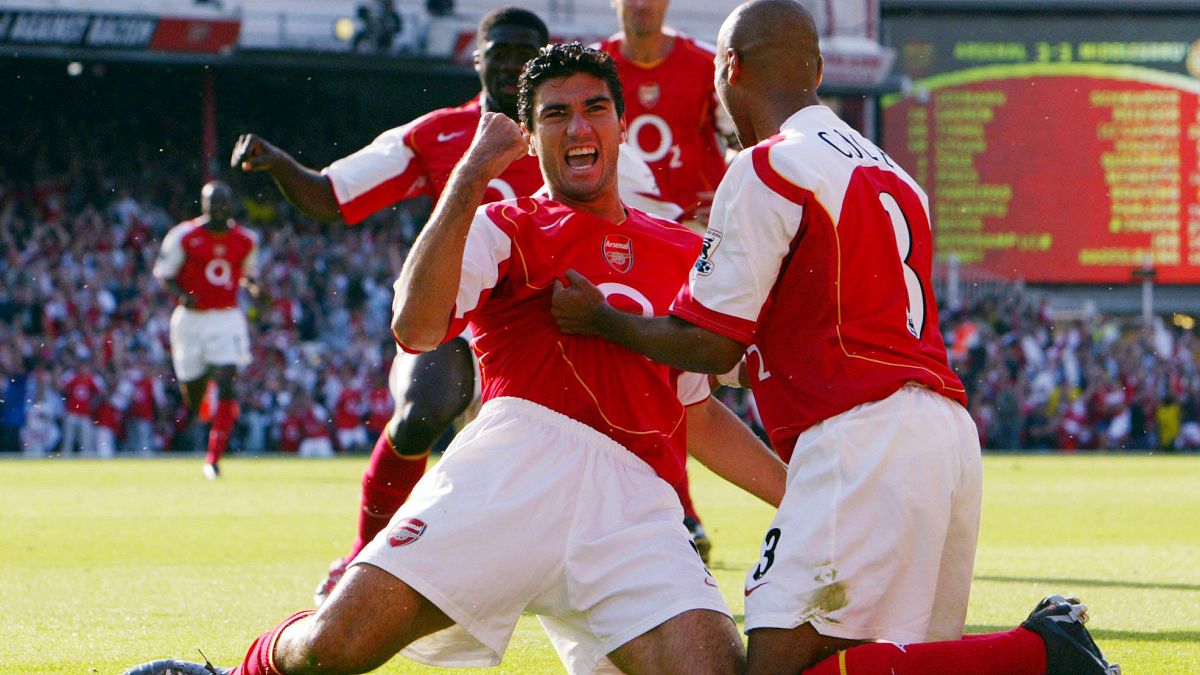
References
- "The Arsenal Football Club". Companies House. Archived from the original on 13 July 2022. Retrieved 14 February 2021.
- ^ "Arsenal FC – history, facts and records". www.footballhistory.org. Retrieved 16 December 2023.
- a b Ross, James; Heneghan, Michael; Orford, Stuart; Culliton, Eoin (25 August 2016). "English Clubs Divisional Movements 1888–2016". Rec.Sport.Soccer Statistics Foundation. Archived from the original on 22 June 2023. Retrieved 22 June 2023.
- a b c Pietarinen, Heikki (24 August 2017). "England – First Level All-Time Tables". Rec.Sport.Soccer Statistics Foundation. Archived from the original on 24 August 2017. Retrieved 24 August 2017.
- a b Hodgson, Guy (17 December 1999). "Football: How consistency and caution made Arsenal England's greatest". The Independent. London. Archived from the original on 3 March 2016. Retrieved 13 May 2016.
- a b Dawson, Alan. "Here's how much money Arsenal has lost after failing to qualify for the Champions League". Business Insider. Retrieved 17 April 2024.
- ^ "Herbert Chapman". National Football Museum. Archived from the original on 18 April 2016. Retrieved 20 March 2016.
- ^ "Arsenal – Historical kits". Historicalkits. Archived from the original on 11 July 2020. Retrieved 11 July 2020.
- ^ "Deloitte Football Money League 2023". Deloitte. Archived from the original on 20 January 2017. Retrieved 8 June 2023.




































